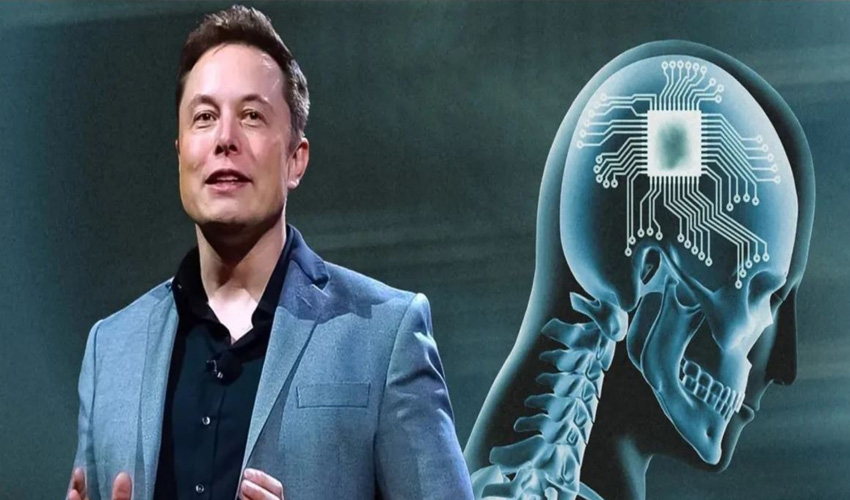Neuralink Corp - a company founded by billionaire entrepreneur Elon Musk - has successfully implanted its brain-computer interface device in a third patient and plans to expand the experimental procedure with 20 to 30 more implants next year.
Musk announced this milestone during an event in Las Vegas, which was streamed on his social media platform X, formerly known as Twitter.
“We’ve got now three humans with Neuralinks implanted, and they’re all working well,” Musk said, highlighting progress in the company's groundbreaking efforts to merge human cognition with advanced technology.
Advancing brain-computer interfaces
Neuralink, part of a growing sector of startups exploring brain-computer interface (BCI) technology, aims to develop devices that can assist individuals with severe neurological conditions such as paralysis and Amyotrophic Lateral Sclerosis (ALS).

These implants involve intricate surgical procedures, requiring the placement of electrodes into brain tissue to facilitate communication between the brain and external devices.
The company began its human trials last year, with its first patient, Noland Arbaugh, successfully receiving the implant. Neuralink’s flagship clinical study, known as the Prime Study, has received approval from the US Food and Drug Administration (FDA) and involves five paralyzed patients who use the implant to control external devices like computers or smartphones using only their thoughts.
Another FDA-approved study, Convoy, is focused on enabling three patients to control assistive robotic arms, demonstrating the potential to restore some degree of independence to individuals with debilitating conditions.
Scaling up in 2025
Musk emphasized that the technology is still in its early stages but noted that the initial results have been promising. The planned expansion to 20 or 30 additional implants in 2025 marks a significant step toward broader clinical applications. These developments underscore the company's ambition to revolutionize neural engineering, despite the ethical, technical, and regulatory hurdles associated with such invasive procedures.

Neuralink faces stiff competition from other players in the field of brain-computer interfaces. However, its FDA approvals and ongoing trials place it at the forefront of innovation in this emerging area of medicine and technology.
While Neuralink’s advancements have drawn significant attention, the company has also faced scrutiny regarding the safety of its procedures and the potential risks involved in integrating such devices with human brains. The experimental nature of these implants raises questions about long-term effects, patient safety, and the ethical implications of brain-computer integration.
Experts believe that the success of these trials could pave the way for broader applications, ranging from medical rehabilitation to the enhancement of cognitive abilities. However, they caution that extensive research and rigorous oversight are essential to ensuring the safety and efficacy of these devices.



























